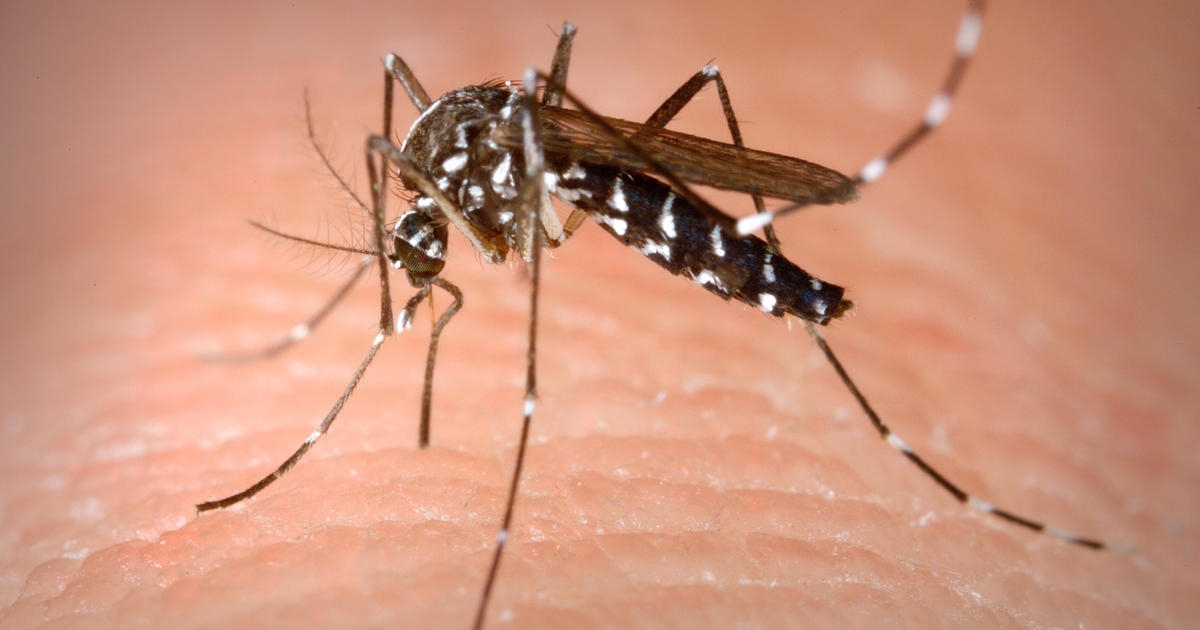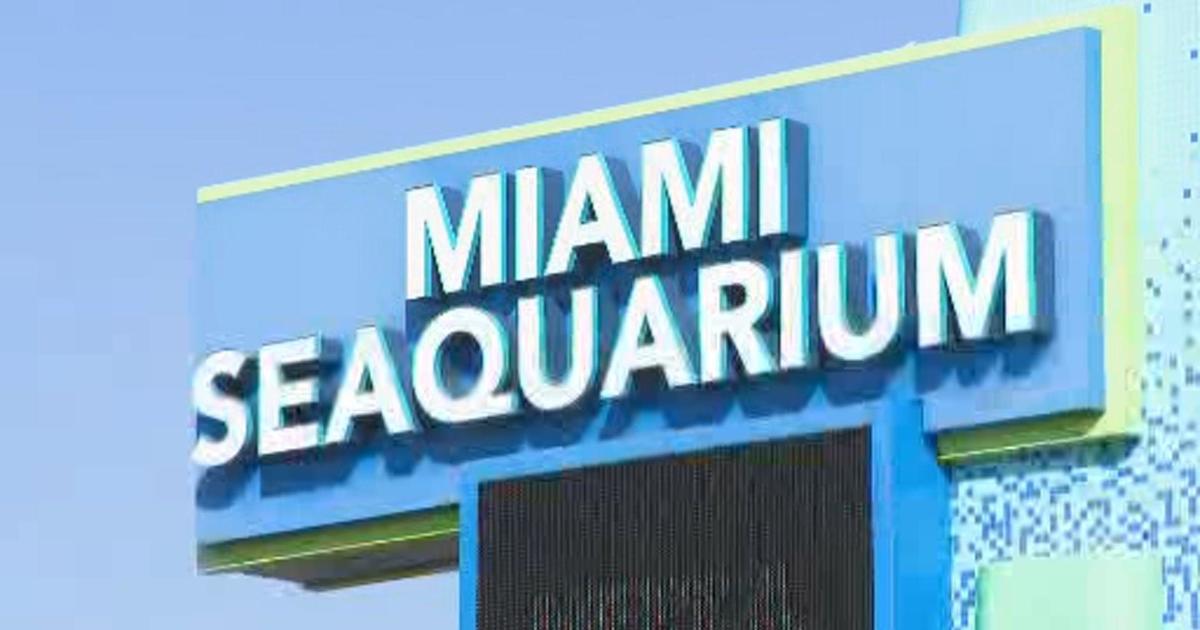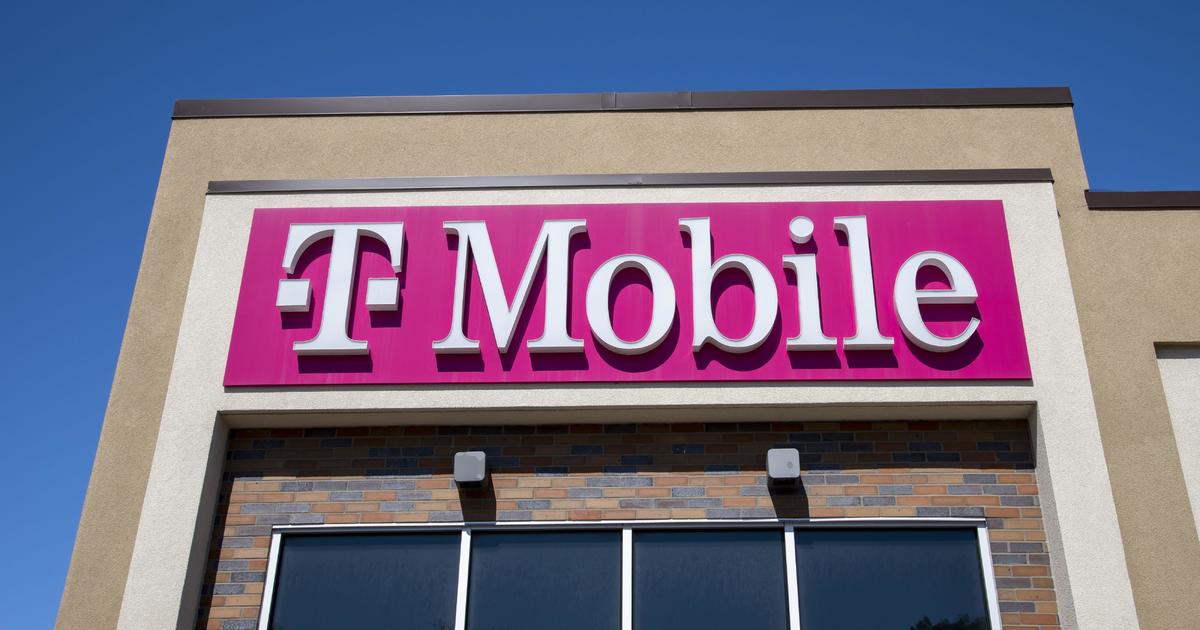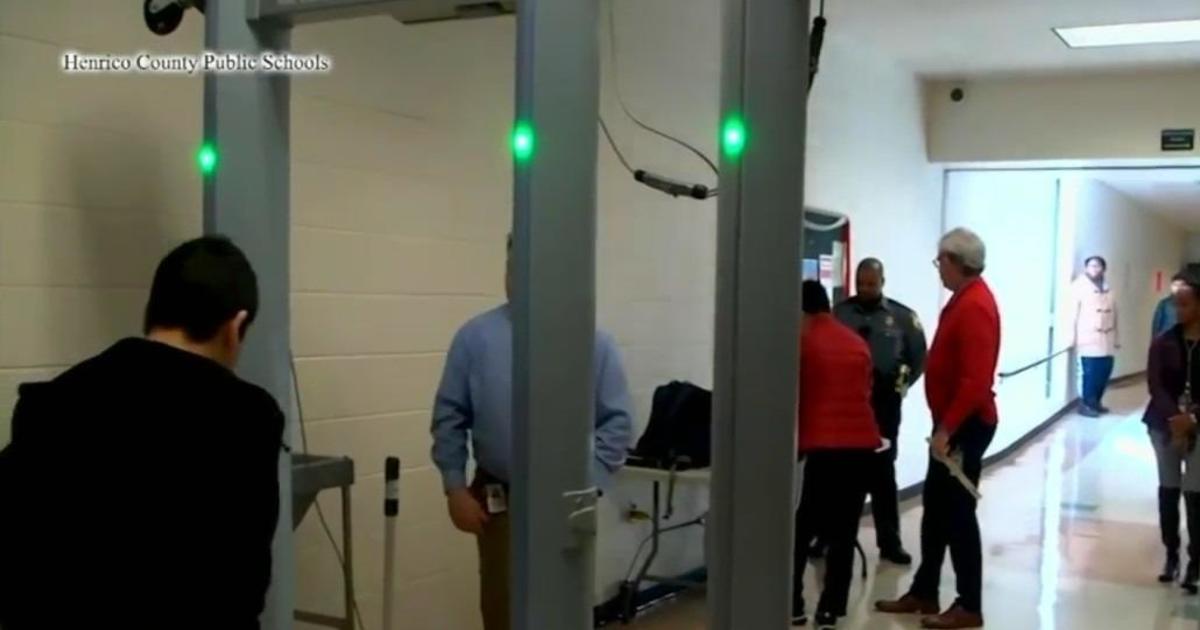Residential Storm Tips To Keep Your Family And Home Safe During Hurricane Season
At FPL, safety is the cornerstone of our commitment to customers and employees. FPL urges Floridians to be prepared and be aware of potential safety hazards at all times, especially before, during and after severe weather. Below are tips to keep you and your family safe during hurricane season.
Before a storm threatens
- Determine your backup power source or make arrangements to relocate if a storm warning is issued and someone in your home is dependent on electric-powered, life-sustaining medical equipment.
- Make sure debris is cleared prior to a hurricane warning announcement – trash pickup will be suspended during this time. Trees and other vegetation are among the leading causes of power outages and can become airborne during a storm.
- DO NOT attempt to trim any vegetation growing on or near any overhead power lines. Only hire qualified professionals to trim trees and other vegetation near power lines.
Preparing for an approaching storm
- Turn off and unplug any unnecessary electrical equipment.
- Turn off all swimming pool pumps and filters, and wrap them in waterproof materials.
- Set your refrigerator and freezer to their coldest settings ahead of time to keep food fresh longer in the event of a power outage.
- Look up and note the location of power lines before you begin working on a ladder. Be sure that ladders or scaffolds are far enough away so that you – and the ends of the tools you're using – don't come within 10 feet of power lines.
- Make sure to turn off and unplug your TV before lowering a TV antenna or satellite dish, and avoid power lines.
- Store your FPL bill – which includes your FPL account number – in a waterproof container, or save your account number as a note on your cellphone so we can serve you faster.
After the storm: When is it safe?
- Call 911 immediately to report dangerous or hazardous conditions. Please use the FPL Mobile APP or call FPL at 1-800-4-OUTAGE to report downed power lines or damage to FPL lines, poles or transformers. DO NOT attempt to touch any power lines. Always assume that every power line is energized.
- Call 911 immediately to report dangerous or hazardous conditions. Please use the FPL Mobile APP or FPL at 1-800-4-OUTAGE to report fallen power lines that present a clear and imminent danger. DO NOT attempt to touch any power lines. Always assume that every power line is energized.
- Stay away from standing water and debris, which could potentially conceal a live wire.
- DO NOT venture out in the dark because you might not see a downed power line that could be energized and dangerous.
- Turn off your circuit breakers, disconnect all electrical appliances that are still plugged in, and turn off all wall switches immediately. If your roof or windows leak, water in your walls and ceiling may come into contact with electrical wiring. Remember to never stand in water while operating switches or unplugging any electrical device.
Generator safety
- Read and follow all the manufacturer's guidelines when using a generator to avoid dangerous shortcuts and ensure safe operation.
- DO NOT directly connect your generator to your home's breaker or fuse box. Power from a generator connected to a home's wiring will "back feed" into power lines – which can severely injure or kill a neighbor or crews working to restore power.
- DO NOT run generators inside your home or garage, as they produce potentially deadly carbon monoxide fumes.
- Keep generators away from all open windows, including neighbors' windows, to prevent the fumes from entering a home or business.
- Buy a battery-operated carbon monoxide alarm, which will alert you if carbon monoxide levels become dangerous.
- Turn off all connected appliances before starting your generator.
- Turn connected appliances on one at a time, never exceeding the generator's rated wattage.
- DO NOT touch a generator if you are wet, standing in water or on damp ground.
- NEVER refuel a hot generator or one that is running – hot engine parts or exhaust can ignite gasoline.
- Ensure you have plenty of gas safely stored in gas containers to operate your generator.
FPL's restoration priorities
During large power outages, such as after hurricanes, FPL follows an overall plan that calls for restoring power to the greatest number of customers safely and as quickly as possible. After a strong storm or hurricane, our restoration process is as follows:
- FPL restores power plants and affected transmission lines and substations, which are essential to providing any electric service.
- Simultaneously, we restore service to power lines and equipment that serve critical facilities, such as hospitals, police and fire stations, water treatment plants and emergency broadcast centers.
- We then work to return service to the largest number of customers in the shortest amount of time – including service to the main thoroughfares that host supermarkets, pharmacies, gas stations and other needed community services.
- Lastly, we repair the infrastructure serving smaller groups and neighborhoods, converging on the hardest-hit areas until every customer is restored.
Staying in touch with FPL following a storm
When outages occur, we know our customers want and need information on when their power will be restored. FPL will provide updated restoration time estimates and other progress reports via our FPL Mobile App in the App Store or Google Play, or text the word "App" to MyFPL (69375) or through the following social media handles:
- Twitter: @insideFPL
- Facebook: @fplconnect
- YouTube Channel: FPL
You can also find information on FPL's blog, FPL's outage page or by calling FPL's outage number: 1-800-4-OUTAGE
A storm preparation checklist
We're prepared for storm season and urge our customers to prepare, as well. Keep your family safe with a plan that includes evacuation routes, special medical needs, important phone numbers and supplies.
The following checklist can help you and your family stay prepared for impending storms this hurricane season:
- Develop your emergency plan and review that plan with your family.
- Photograph or record your home – inside and out – for insurance purposes.
- Update the phone number and email address on your FPL account.
- Save your FPL account number to the notes section of your cell phone.
- Bookmark FPL.com/outage and save 1-800-4-OUTAGE to your cell phone to report and check the status of your restoration.
- Follow FPL for progress reports on @FPLconnect on Facebook and @insideFPL on Twitter.
- Download the FPL Mobile App in the App Store or Google Play, or text the word "App" to MyFPL (69375).
- Contact your local emergency management office if you or anyone you know has special needs, in case of evacuations.
- Determine your backup power source or make arrangements to relocate if a storm warning is issued and someone in your home is dependent on electric-powered, life-sustaining medical equipment.
- Gather important documents, including insurance policies, health cards, birth certificates, Social Security cards, list of important phone numbers and medications, and a copy of your FPL bill – storing them in a waterproof container.
- Prepare to be self-sufficient for up to 14 days, according to emergency operations officials. Stock up on non-perishable food, extra batteries, medications, baby supplies, and pet food
- Purchase bottled water. The American Red Cross recommends one gallon of water per person per day for up to 14 days.
- Keep a battery-operated radio with you and a two-week supply of fresh batteries.
- Check your emergency equipment, i.e. flashlights, battery-operated radios, extension cords, cell phones and chargers, and emergency generators.
- Charge your cell phone and keep it ready by obtaining portable chargers.
- Read and follow all the manufacturer's guidelines, if you plan on using a generator, to avoid dangerous shortcuts and ensure safe operation.
- Purchase a carbon monoxide alarm inside your home to detect the toxic fumes generators emit.
- Install an approved hurricane shutter system over windows and doors, or have alternate coverings such as plywood.
- Secure and prepare your home by storing outside objects inside, fasten doors and windows, cover valuables and furniture with plastic and move away from windows.
- DO NOT attempt to trim any vegetation growing on or near any overhead power lines. Only hire qualified professionals to trim trees and other vegetation near power lines before or early in the season.
- Clear tree and vegetation debris quickly – trash pickup will be suspended when a hurricane warning is issued. Visit the FPL website and for more information on our tree trimming policies. For more storm and safety tips, visit us at FPL.com/storm.
Sponsored by FPL.



